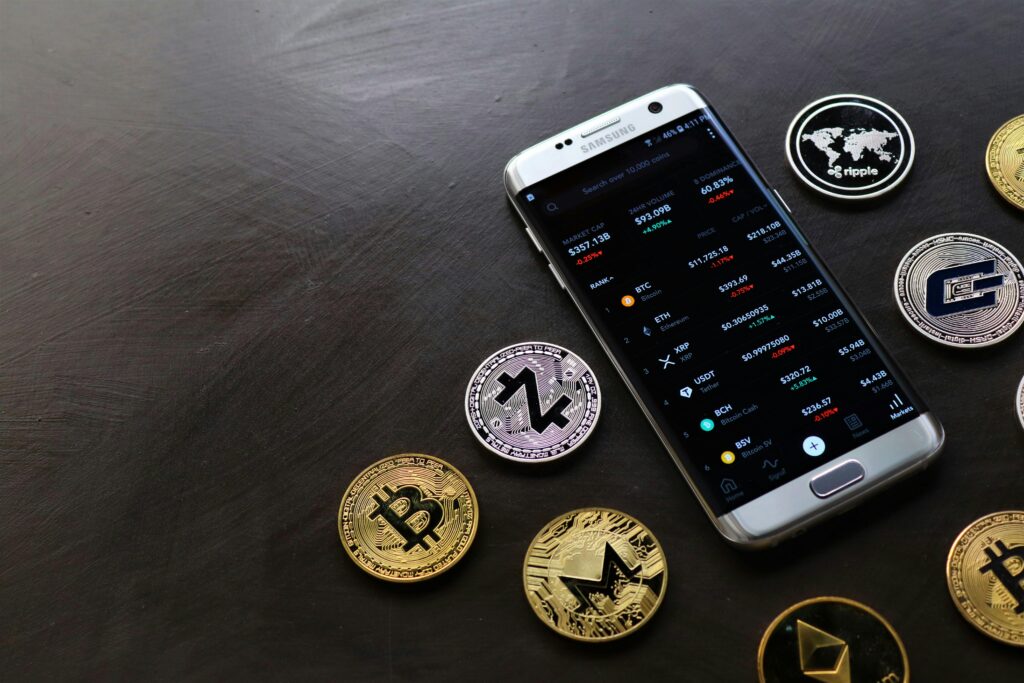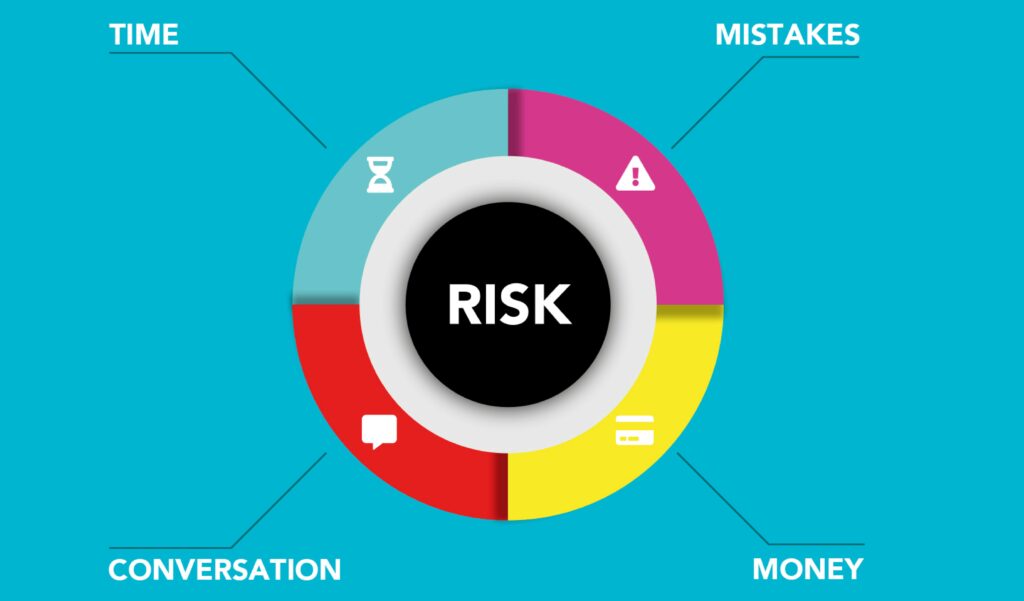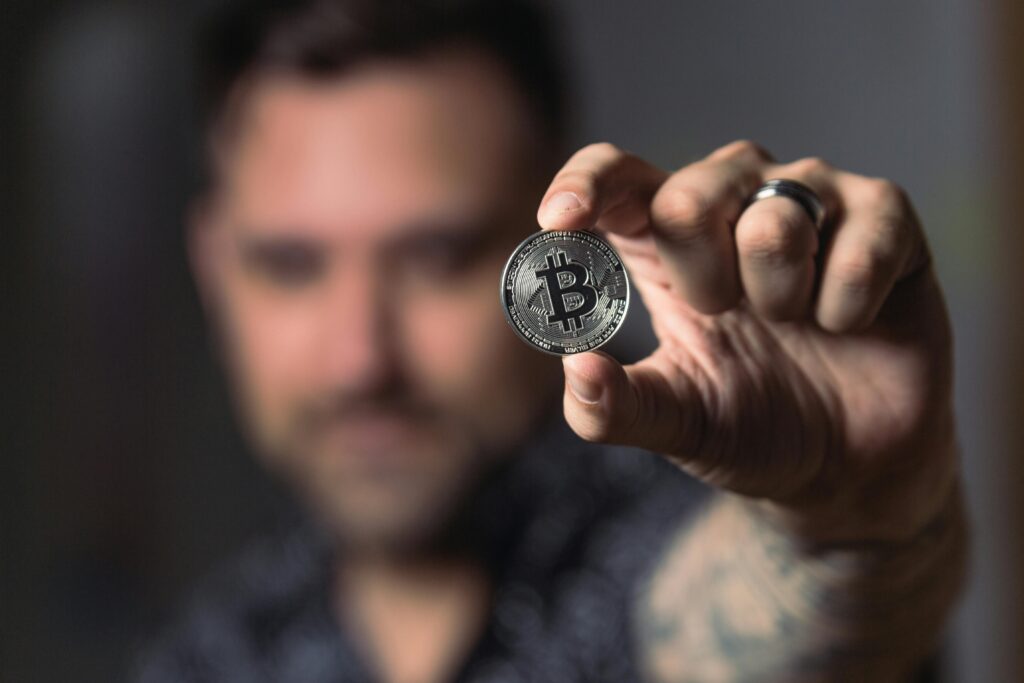Introduction: The Wild West of Crypto
Imagine walking into a bank that has no security cameras, no vaults, and no one watching over the transactions. Would you trust it with your money? Probably not! Now, think about the crypto space. Without proper security, it’s a digital Wild West where hackers, scams, and frauds run rampant. That’s why security is not just an option – it’s the foundation of trust in the world of cryptocurrency.

Why Trust is Everything in Crypto
Unlike traditional banking, crypto transactions are decentralized and irreversible. Once your funds are sent, there’s no “oops, let me get that back” button. This means users need to trust the platforms, wallets, and exchanges they use. Security breaches or hacks don’t just lead to financial losses—they erode confidence in the entire industry.

Common Security Threats in Crypto
Here are some of the biggest threats lurking in the crypto space:
Phishing Attacks – Fake emails or websites trick users into sharing their private keys.
Exchange Hacks – Cybercriminals target crypto exchanges to steal funds.
Rug Pulls – Scam projects vanish overnight with investors’ money.
Malware & Keyloggers – Software designed to steal login credentials and crypto funds.
51% Attacks – When bad actors gain majority control over a blockchain network.

How Security Measures Build Trust
Crypto platforms that prioritize security earn the trust of their users. Here’s how:
Two-Factor Authentication (2FA): Adds an extra layer of protection.
Cold Storage: Storing crypto offline prevents hacks.
Smart Contracts Audits: Ensures that blockchain code has no vulnerabilities.
Regulatory Compliance: Following security regulations helps prevent fraud.
User Education: Teaching users about safe crypto practices reduces risks.

The Role of Decentralization in Security
One of the biggest selling points of cryptocurrency is decentralization. Unlike banks, which rely on a central authority, crypto operates on a peer-to-peer network. This means no single entity has control over the entire system, making it harder for hackers to attack.
However, decentralization alone isn’t enough. Proper security protocols need to be in place to ensure safe transactions and storage.

Real-Life Crypto Security Wins (And Fails)
Success Story: Binance, one of the largest crypto exchanges, uses an advanced security fund (SAFU) to compensate users in case of hacks.
Failure Story: The infamous Mt. Gox hack (2014) saw 850,000 BTC stolen, shaking public confidence in crypto.
These examples show that strong security can make or break trust in the crypto space.

How You Can Stay Safe in Crypto
Never share your private keys or seed phrases.
Use hardware wallets for long-term storage.
Verify URLs before logging into any crypto platform.
Stay informed about the latest security threats.
Choose exchanges with strong security protocols.

Conclusion: Security is the Backbone of Crypto Trust
Without security, crypto is just a high-stakes gamble. But with the right measures in place, it can be a revolutionary financial system. As the industry grows, both users and companies must prioritize security to build a safe and trustworthy crypto ecosystem.
Security isn’t just about keeping hackers away – it’s about making crypto a safer space for everyone. So, are you securing your crypto the right way? Let’s build a trustworthy crypto world together!


